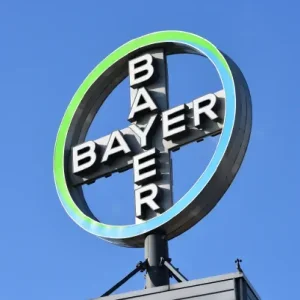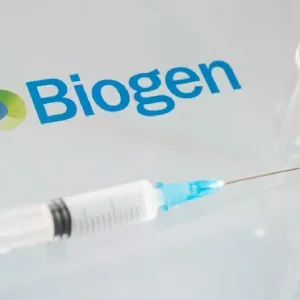Kite Pharma, a company of Gilead, has closed a previously announced strategic collaboration with Arcellx, a clinical-stage biotechnology company focused on cell therapy.
In December last year, the two companies signed an agreement to co-develop and co-commercialise Arcellx’s late-stage drug candidate CART-ddBCMA, to treat relapsed or refractory multiple myeloma.
CART-ddBCMA is a T-cell therapy that uses Arcellx’s novel synthetic binder, the D-Domain, and is currently being investigated in Phase 2 clinical trial.
Kite and Arcellx will jointly advance the development and marketing of the CART-ddBCMA asset in the US, while Kite alone will commercialise the product outside the US.
Kite chief executive officer Christi Shaw said: “The collaboration with Arcellx enables Kite to expand into a new area of high unmet need and bring a potentially best-in-class cell therapy to help many patients.
“Cell therapy has proven it can change the way cancer is treated by creating a potentially curative therapy for an individual patient, engineered from their own t-cells.
“The Kite team is excited to engage on this meaningful programme in the multiple myeloma field, alongside Arcellx’s talented team.”
Under the terms of the agreement, Arcellx is eligible to receive an upfront payment of $225m in cash and $100m in equity investment, along with other potential contingent payments, upon closing.
The companies agreed to share costs related to the development, clinical trial, and commercialisation of CART-ddBCMA and split the profits accordingly.
Kite will pay Arcellx royalties on net sales of the product for commercialising the product outside the US.
In addition, Kite will fund the development and commercialisation costs for any product under the collaboration that is not co-commercialised.
Multiple myeloma is a type of cancer, where diseased plasma cells accumulate in the bone marrow, causing bone lesions, loss of bone density, and bone fractures.
Also, the abnormal plasma cells produce excessive quantities of myeloma protein (M protein), causing kidney damage and impairing the patient’s immune function.






